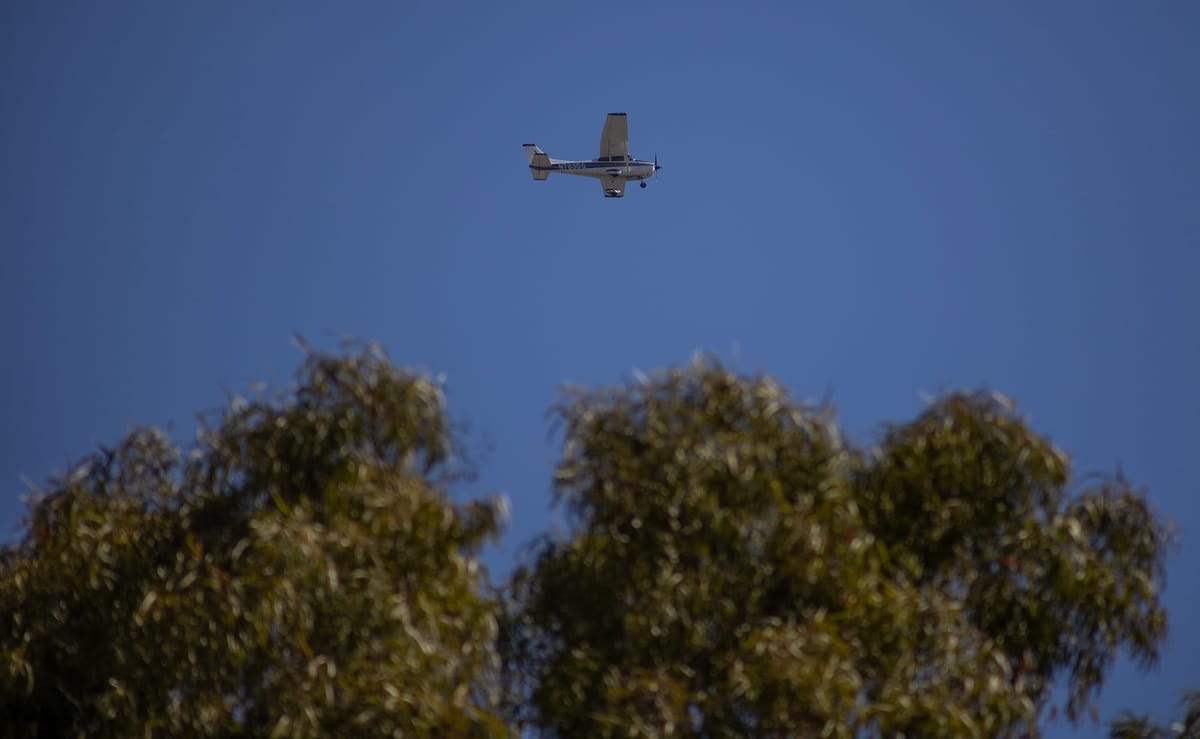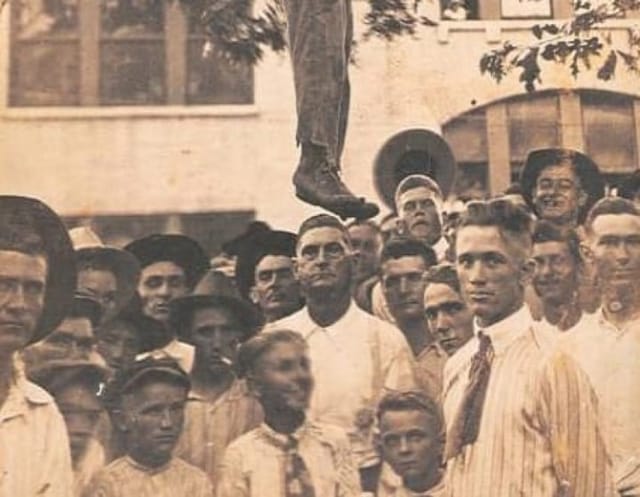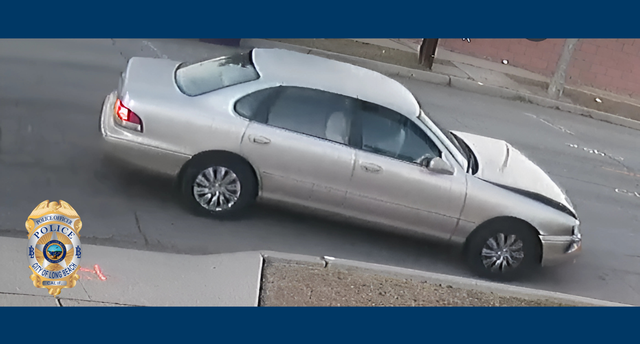Critically Speaking: What’s all the fuss about airport noise?
Why residents feel they’re getting a “big middle finger.”

I’m guessing you won’t have to scroll too far down into the comment section of this post to see the first “Don’t live by an airport if you don’t like the noise” response.
It’s true, living by Long Beach Airport comes with some drawbacks, notably the sounds of airplanes taking off and landing (the thing airports are designed for). But it also comes with a much more affordable cab ride compared to traveling out of LAX.
While people have been upset about commercial airline noise in the past, especially the prospect of the city allowing international flights to come in and out of Long Beach, this current dust-up is over small plane noise.
For those not following the issue closely, the pandemic helped heighten a need for commercial pilots, the type that operates the Southwest, Delta and Hawaiian Airlines flights out of Long Beach. However, those pilots have to train in smaller planes before getting their wings.
Southern California has been a prime training ground for pilots looking to fly commercial because of the technical challenges presented by the airspace that includes multiple airports and military bases.
There’s been about a 20% ramp-up of general aviation activity at LGB since this time last year but just a 2.6% increase in violations through April, according to airport data.
The issue has spawned a Facebook group with over 800 members and has led to tens of thousands of complaints being logged against “general aviation” flights each month, which is the category for the smaller planes operating at LGB.
Users in the group post photos of small planes circling over homes near the airport at all hours of the day and wonder why nothing is being done. For those living north of the airport, the sound can be like a mini lawnmower hovering over homes, or at least that’s how it’s been explained to me.
But there’s little the city can really do to alleviate the noise.
This was the message conveyed to residents during an online community meeting this week where frustrated neighbors of the airport said the event hosted by the Federal Aviation Administration and the airport amounted to a “big middle finger.”
But the issue is both complicated and mostly out of the control of local government. Long Beach has a local noise ordinance, which makes it unique because most municipal airports in the country don’t have a say in the times planes can land, take off or carry out other operations.
However, the city is mostly locked into that ordinance which was given legacy status after the passage of a federal law in 1990 that gave the FAA the right to review noise and airport access issues.
That ordinance set a floor for the number of commercial flights allowed at the airport (41) but as commercial planes have gotten quieter and certain operators are no longer repeatedly violating the noise limits (JetBlue), that figure has grown to 58.
The quiet period for commercial operations is between 10 p.m. and 7 a.m.
As for smaller planes, they do have noise curfews but as long as they don't trigger a violation they can land and take off at the airport, which is a 24-hour facility. The fines for violating the ordinance range from $100 to $300.
City officials have said in the past that changing it could open the door to the city losing its local control over noise at the airport because it could invite a lawsuit from airplane operators who feel new restrictions were affecting their ability to use the airspace.
A memo posted by the city in October put a price tag on that issue. If the city were to add new restrictions for smaller aircraft it could have to pay back a lot of money.
Long Beach has benefitted from numerous grants to help keep the airport’s runways and other areas safe and functional, which makes it a “federally obligated airport.” Falling out of compliance with the strings attached to those grants it’s received in the past could require the airport to pay back nearly $350 million to the federal government.
The airport is looking at voluntary agreements with area flight schools to help quiet down the noise over residences and is pushing for more pilots to use unleaded aviation fuel to help reduce the potentially harmful effects of leaded fuel being emitted over homes.
But the group rallying against airport noise doesn’t appear to be done. The next fight over the skies over Long Beach Airport could be in the court system.
What happened this week
Finders keepers? Well, not in the case of an announcement from the City Auditor this week who said her office had found $9.2 million in additional funding that the city can use on parks and other environmentally beneficial projects. The audit looked at the city’s fund where people doing home additions or developers have to pay a deposit that is only returned to them if demolished material like concrete and other things are recycled at appropriate facilities. The deposit is usually 3% of the projected value of the project and if the builder can’t prove materials were recycled the deposits are kept by the city. The program dates back to 2007 and the audit found that not all deposits that should have been forfeited had actually been transferred to the city’s general fund to be used for projects. The city is always looking for grants to supplement park improvement projects so the audit could be a lifeline to environmental projects in need of a cash infusion.
Something to keep an eye on
You’ll have one less thing to vote on this November and the ramifications for Long Beach could be huge. This week, the coalition of oil industry corporations that successfully got a referendum on the state ballot to overturn a law that would ban new oil operations within 3,200 feet of “sensitive areas” like schools, parks and hospitals said the item won’t be on the ballot in a few months. Instead, it could take the issue to the courts. If the law is upheld, it could have big monetary impacts on the city’s budget. Long Beach officials have estimated this could affect up to half of the wells in the city and cost it tens of millions of dollars annually once it was implemented. With the withdrawal of the ballot measure, the implementation date might have just moved up. The city will begin discussing its proposed budget for the upcoming fiscal year in August.
We need your support.
Subcribe to the Watchdog today.
The Long Beach Watchdog is owned by journalists, and paid for by readers like you. If independent, local reporting like the story you just read is important to you, support our work by becoming a subscriber.





